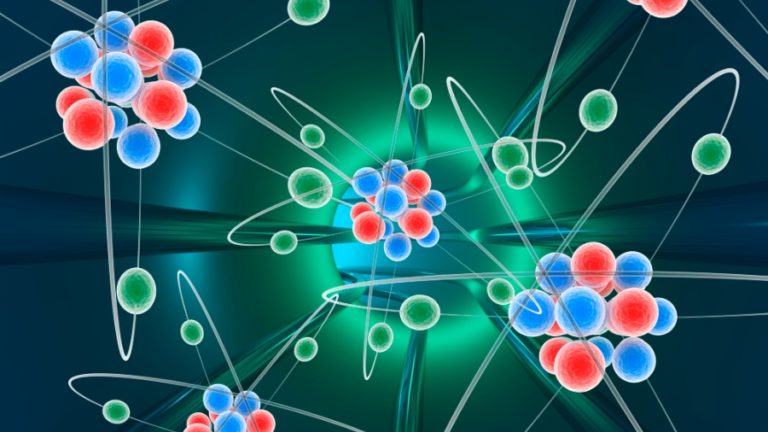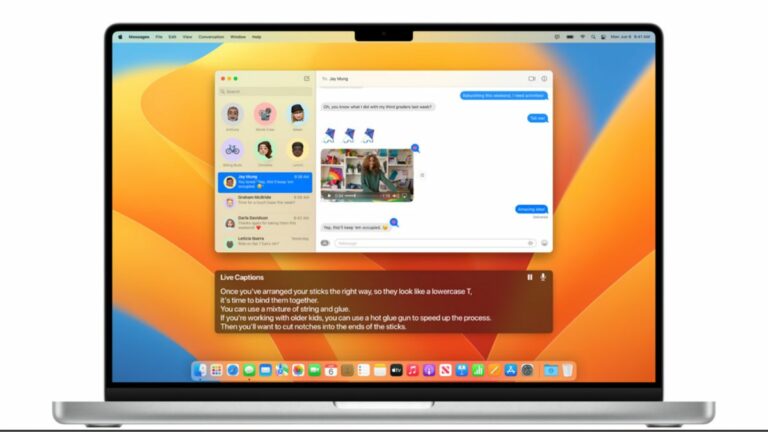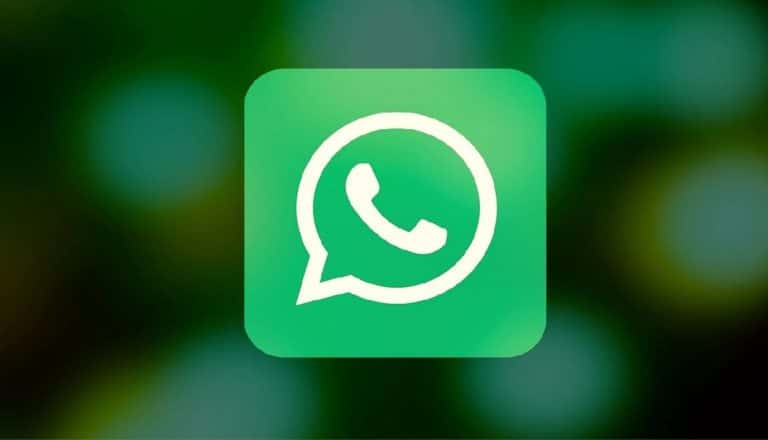The Real Reason Why Your Tesla Model 3 Charges Slow In Harsh Winter
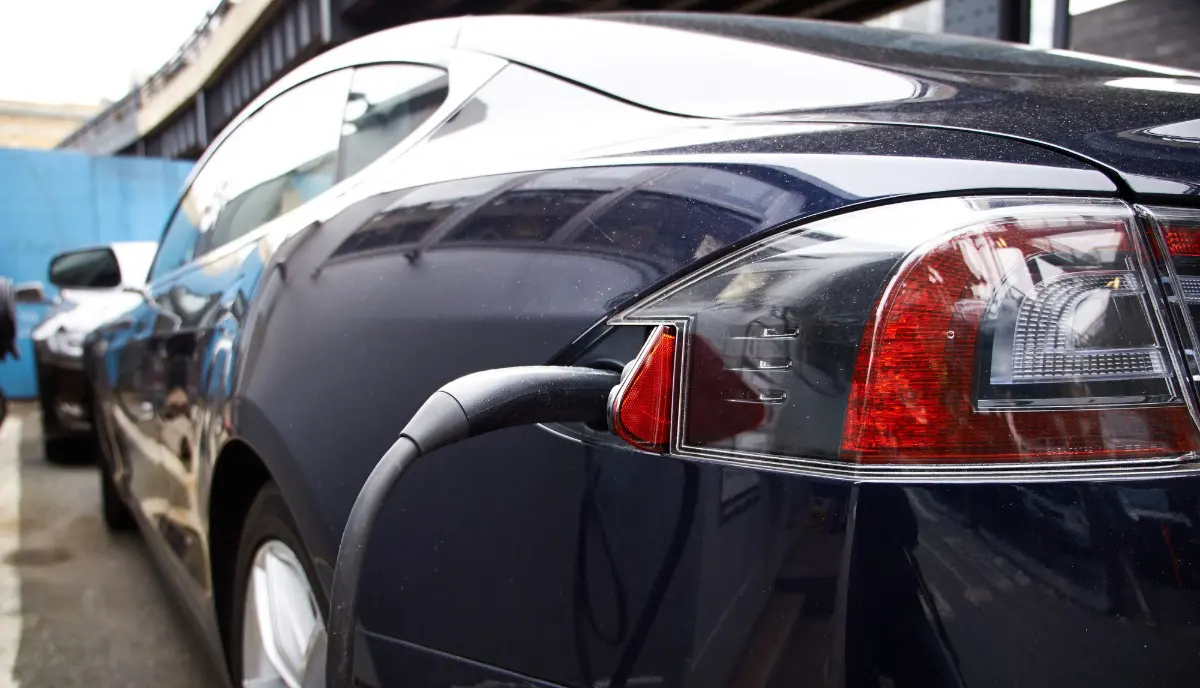
The real reason why your Tesla Model 3 charges slow during winter might surprise you. There are a lot of technical reasons why, even while using a Tesla Supercharger, you get slower than the usual charging rate.
There are a lot of EV experts who experience slow charging rates on their Tesla electric cars. Bjorn, who regularly performs long-range EV tests gets an 8-10% slow charging rate on his Tesla cars during winter.
He has found a hack for the same, which involves bringing your Tesla electric car with an SoC ranging between 5-10%. This gives enough time for the Tesla Supercharger to make the car heat up its battery and provide an optimum charging rate.
However, what’d happen if there was no pre-heating of the battery prior to supercharging? Well, here’s the answer.
Here’s Why Your Tesla Model 3 Charges Slow In Winter
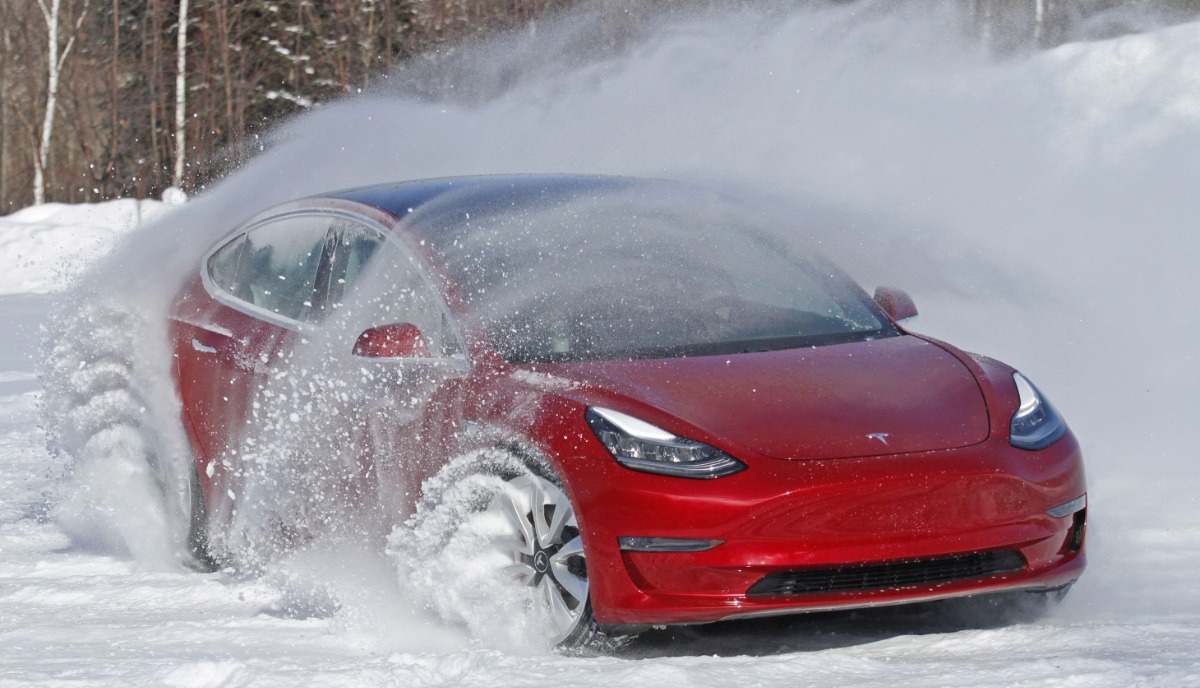
When Tesla was in infancy, the lead-acid battery was the most popular form of electricity storage. Only after Tesla utilized the tech from the AC Propulsion system did they bring the Lithium-ion battery technology to the mainstream.
Lithium-ion batteries are amazing at a number of things. They are better at holding a charge, maintaining efficiency and have a better overall lifespan than a lead-acid battery.
However, the lead-acid battery had one advantage over lithium-ion batteries and that’s a higher charging tolerance. This is a property that allows the lead-acid battery to be charged safely at sub-freezing temperatures, albeit at a slow rate.
The lead-acid battery can charge at a rate of 0.3C while the lithium-ion battery cannot charge below 1-degree Celsius. The reason being that below 5-degree Celcius temperature, the ability to recombine gases decreases and therefore charging rate decreases.
According to Battery University, “poor charge acceptance when cold mimics a fully charged battery.”
This is why a Tesla Model 3 charges slowly in winter while using a Supercharger. As the car’s battery management system takes up a portion of the charging rate to heat up the battery to bring it to optimum temperature.
Resultantly, it becomes easier to recombine gases and speed to enable the charging process.
Tesla Battery Improvement In 2020
With the acquisition of Maxwell Technology, Tesla is on its way to increasing its battery density. There are also reports that a million-mile battery from Tesla is coming pretty soon.
Furthermore, according to Sandy Munroe, battery manufacturers will be looking to eliminate cobalt from their units. Munroe himself claims that his EV experts think that Maxwell tech has a superior technology when compared to other manufacturers like Panasonic and LG Chem.
He also dismissed the arrival of solid-state batteries and said that they are still far away from being an actual product.
Tesla’s 2170 battery pack, which the Model 3 uses, is currently the best on the market in terms of energy density and with Maxwell tech on its side, Elon Musk and Co. will continue to lead the EV market in 2020 as well.


